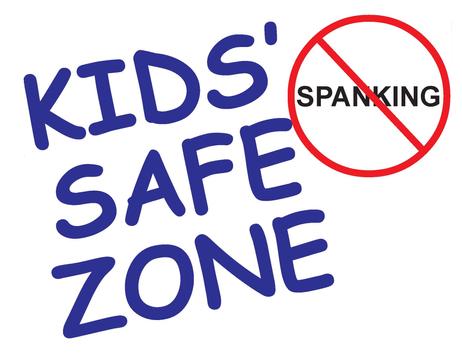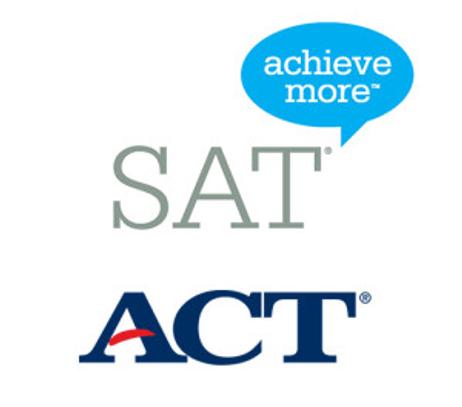So, you are thinking about sending your child to private school. You know what you want your ideal school to do for your child's education and her development. The next item on your school selection punch list is figuring out which of the dozens of schools out there is the best one for your child and you. I wrote the following twenty-six articles with you in mind. We sent our two daughters to private school from their pre-school years through high school. I remember how little I knew about private schools. Back then I didn't know what to look for. I trusted the head of school and her teachers and expected them to give my daughters a solid academic education. That's how innocent I was! Of course, there's much more to finding a school. The following articles draw on my experience as a parent and a private school teacher and administrator.
5 Factors for a Successful Private School Experience
By a successful private school experience, I mean one where your child is happy. As you consider sending your child to private school, think about these five factors which make for a successful private school experience. Read more...
5 Mistakes Parents Make When Choosing A Private School
Choosing the right private school for your child is a lengthy process. You should begin your school search process at least eighteen months before the first day of school. I want you to achieve the success which you deserve without making


















-8okvj5w8m60w0ws40oocok84w-280.jpg)





